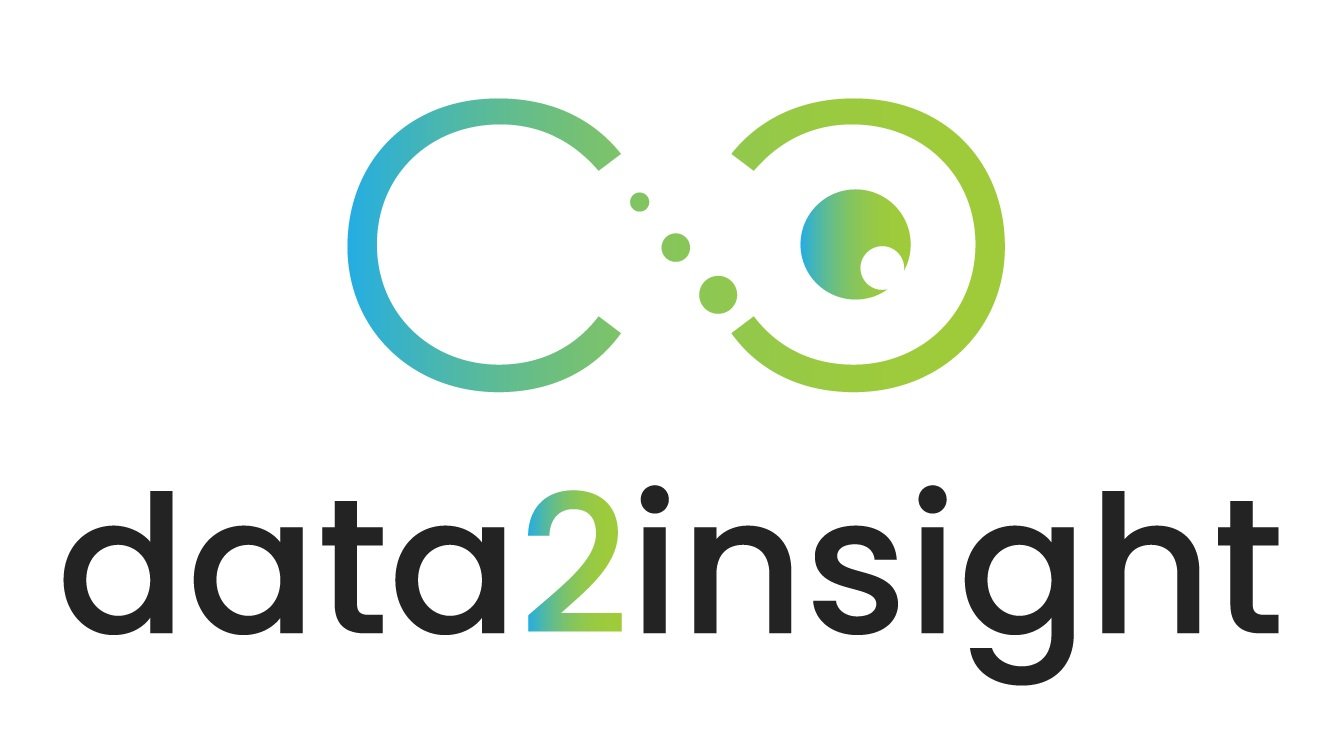Restruct Built Environment Research Symposium: Designing, Building, and Sustaining Learning Communities
Data2insight founder, Veronica S. Smith, provided the closing keynote address at the University of Arizona (UA) Restruct Built Environment Research Symposium: Designing, building, and sustaining multicultural learning communities on December 12, 2019. She shared her thoughts on how multicultural team science is vital to creating multicultural learning communities and building resilient communities around the world. As a UA alum, Veronica was especially honored to be part of this visionary work that has the potential to contribute to people’s ability to not only survive climate change, but also thrive.
The Restruct Built Environment Research initiative is organized around four grand challenges defined by Arizona faculty in cross-campus workshops. These grand challenges are not intended to exist in silos and are, by their nature, integrated and transdisciplinary:
Redress Inequality/Injustice in re-envisioning the Built Environment
Redressing inequality and injustice through the built environment
Guaranteeing equality and justice in human-environ interactions in the built environment
Provide equitable interior urban spaces to meet the basic human conditions e.g. housing, water, etc.
Accessibility and connectedness
Create Resilient and Efficient Urban and Rural Systems
Redesigning systems for a more resilient future (with fewer resources)
Design the built environment to adapt to and mitigate climate change, optimize livability, and movement
Create efficient urban food systems
Achieve net-zero resource consumption in the built environment
Integrate water management on multiple scales
Decarbonization, dematerialization, and circular metabolisms
Design for Optimal Heath
Link health, wellness & social interactions to built environment design & operations to address major health needs across age, SES, disabilities, & occupations
Design human-machine interfacing to optimize both work efficiency & human health
Aging with human dignity and independence through built-environments that promote connected community (connect to Health)
Design for health in increasingly extreme environments
Enable Innovation Through Better Decision-Making & Data Analysis
Create decision support systems that effectively integrate public values & scientific information
Interdisciplinary, mixed-method, data-driven evaluation to foster innovation in the Built Environment
Promote evidence-based governance
Leverage big data analytics for decision-making
A PDF of the slide deck can be found here: UA Restruct Keynote
Learn more about Restruct: University of Arizona – Restruct

